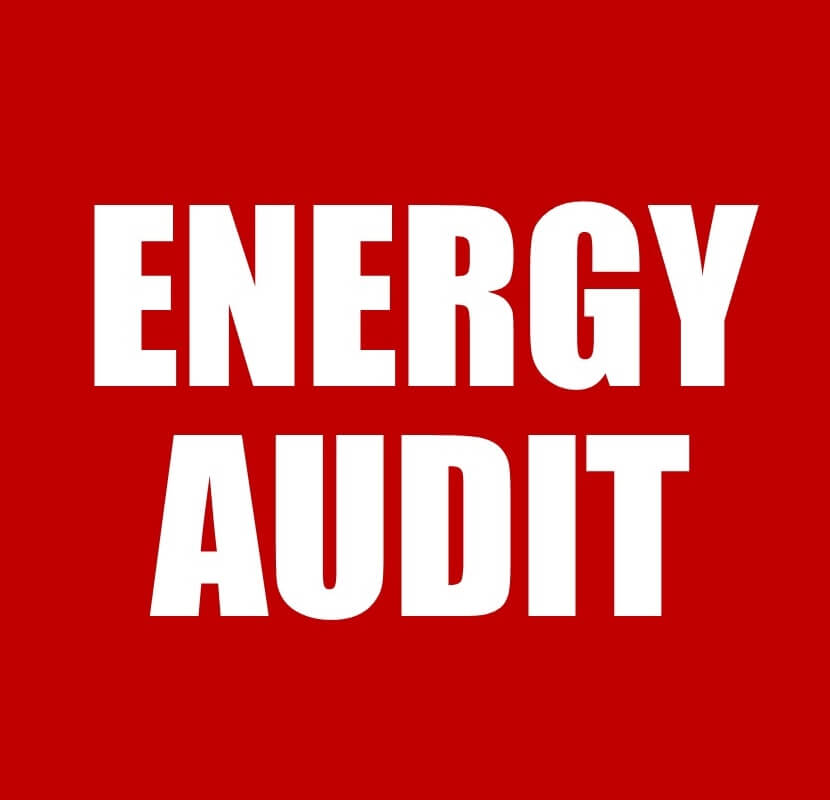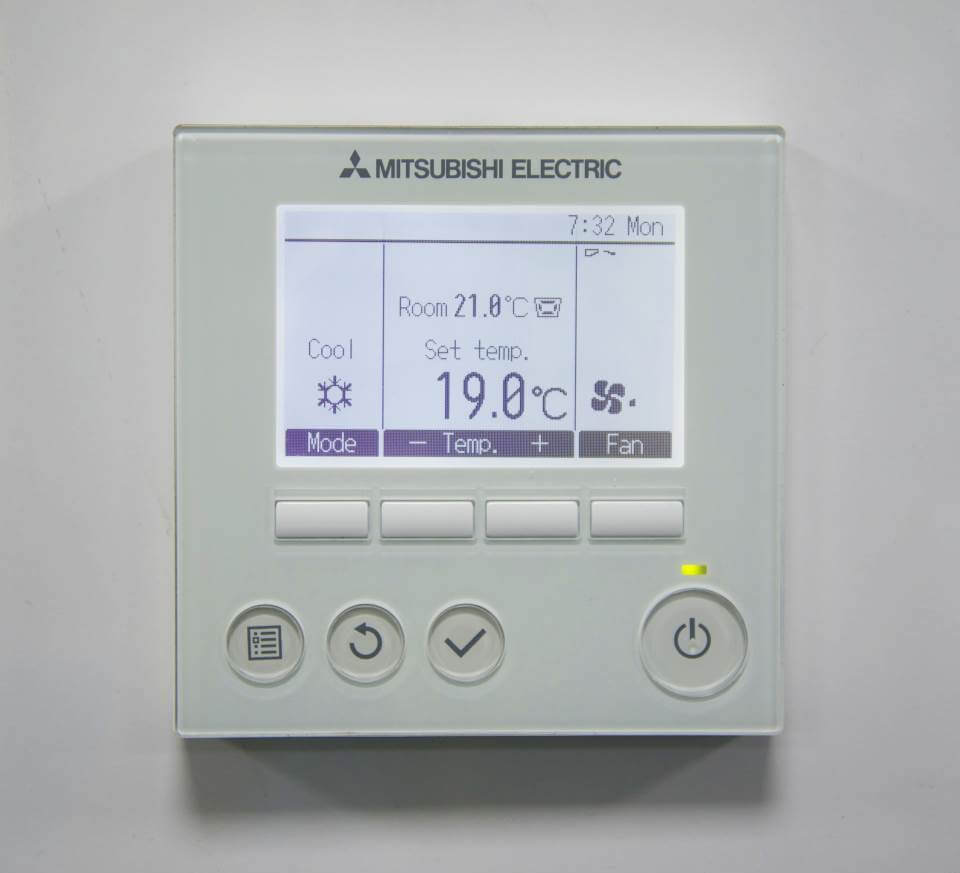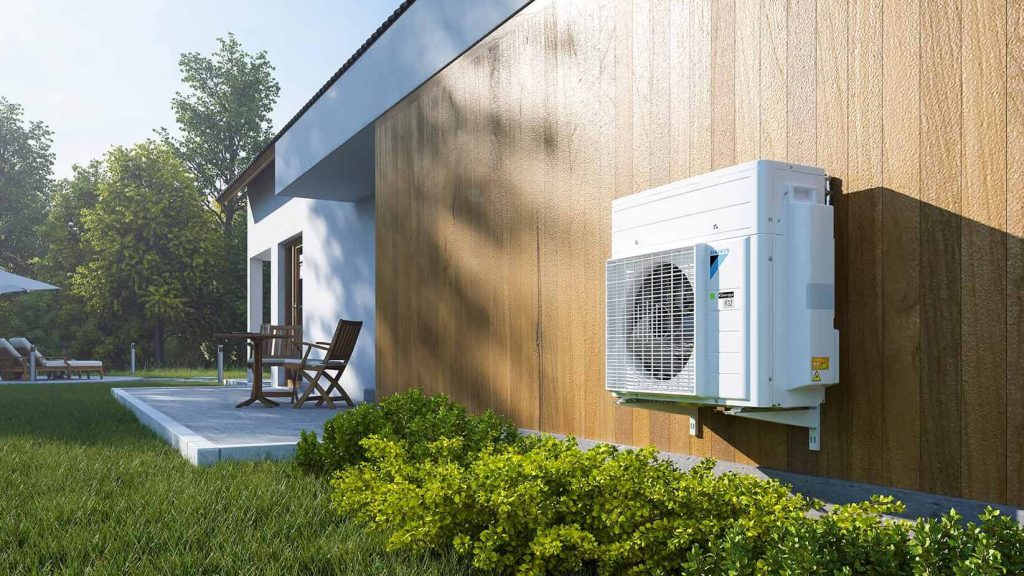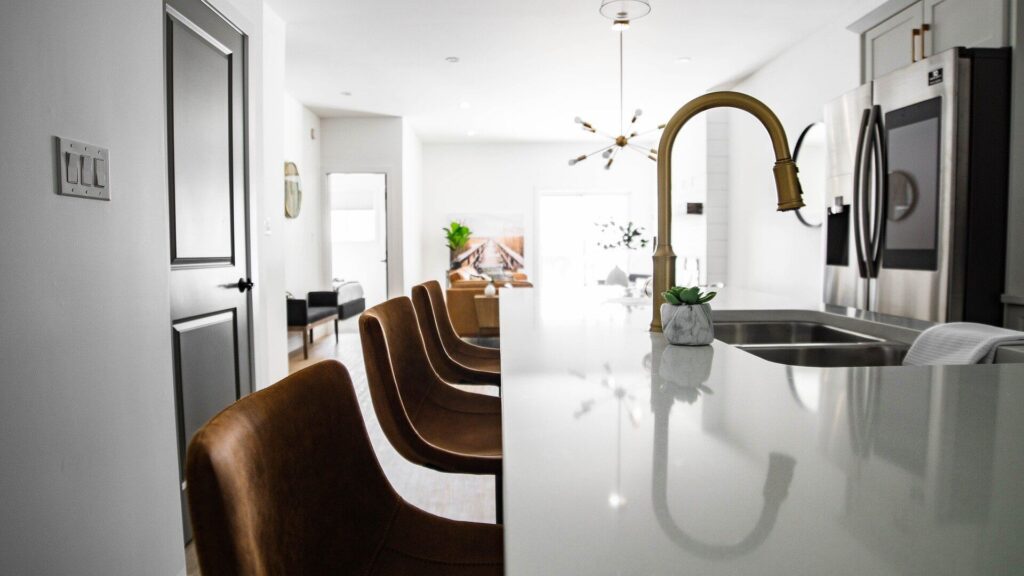The Investment In Building Energy Efficiency and Heat Pumps Is Needed Now

Estimated reading time 6 minutes
In November 2022 in the Autumn Statement the UK chancellor Jeremy Hunt announced a long-term commitment to drive improvements to reduce the energy consumption (and improve energy efficiency) of buildings and industry by 15% of 2021 levels by 2030. This is being motivated by the need for energy independence and better energy efficiency to meet the governments legal requirement to be net zero by 2050. An investment of £6.6 billion is planned from 2025 to 2028, doubling the £6.6 billion investment for heat pumps and insulation to reduce energy consumption which was already promised during the lifetime of the current parliament. An Energy Efficiency Taskforce (EETF) will be created to manage the delivery of energy efficiency improvements in homes, businesses and across the public sector.
Calls To Bring Energy Efficiency Funding Forward
A number of people and industry bodies are calling for the energy efficiency funding to be brought forward.
The Parliament’s Environmental Audit Committee whose remit is to “consider the extent to which the policies and programmes of government departments and non-departmental public bodies contribute to environmental protection and sustainable development, and to audit their performance against sustainable development and environmental protection targets” has called for the government to move faster saying “those in fuel poverty cannot afford three winters of delay… The extra money promised on energy efficiency should be brought forward now. We recommend that the government launch a national ‘war effort’ push on energy saving and efficiency.”
The Chartered Institute of Housing (CIH) has also requested the government to “bring forward the £6bn investment in energy efficiency funding announced for 2025-28 with clear, long-term plans to tackle homes with poor energy efficiency.”
A number of green groups reacted to the energy efficiency plans in the autumn statement by saying “we need to run, not walk”. As an example Ashden, the climate change charity said “To ensure energy efficiency funding can be used rapidly and efficiently, we must urgently train thousands of UK retrofitters to deliver low cost, low carbon solutions, including insulation and heat pump installation, as part of a comprehensive green skills strategy. The government now needs to set out and finance a clear, long-term, retrofit policy which addresses the massive skills shortage and empowers local authorities to take action.”
The Building Engineering Services Association (BESA) is also appealing for the government to accelerate the investment in building energy efficiency and heat pumps.
BESA argue that “funding earmarked for the second of half of this decade should be brought forward urgently in light of the on-going energy cost crisis and to get climate change goals back on track.” BESA’s technical director Graeme Fox explains “The country is not on track to meet its long-term goals and we are also missing a shorter-term opportunity to improve our energy security by not tackling the root causes of excessive fossil fuel use for heating.”
BESA also point to the report “GreenGo: Unlocking an energy efficiency and clean heat revolution” by the Institute for Public Policy Research (IPPR), which states that “However, while the announcements of an energy demand reduction target, additional investment after 2025, and an energy efficiency taskforce were welcome, the action proposed by the government does not come soon enough.” The IPPR report goes onto say “the government would need to subsidise the heat pump sector by a further £3.4bn to achieve its ambition of growing the market to 600,000 installations a year by 2028.”
Are Heat Pumps Suitable For All Homes?
Having a heat pump installed in your home is one of the ways to improve your home’s energy efficiency. You may be asking if a heat pump will be right for your home. This question was addressed by the Electrification of Heat Demonstration (EoH) project which was funded by the Department for Business, Energy and Industrial Strategy (BEIS), to look at the practicality and feasibility of a large-scale rollout of heat pumps across the UK.
The project found that heat pumps could be successfully installed in homes from every style and era including pre-WWII semis, 1960s block of flats and Victorian mid-terraces.
You can read more about the EoH project in our article “Are Heat Pumps Suitable For All Homes?”.
In a previous article “Is An Air Source Heat Pump the Right Choice For My Home?” we also explain how heat pumps work, how efficient they are, how much the installation will cost, the types of heat pumps available and the pros and cons.
Heat Pump Installation
If you’ve decided to have a heat pump installed it’s important to ensure you employ the right installer and that your installer understands the technology, how low temperature heating systems work, as well as which brand would work best for your home and what design will give the best results to ensure your heat pump will give you the best return for your investment.
When getting a quote for a heat pump check your quote covers the following:
- what will be covered as part of the install e.g., will the price cover radiator upgrades if required
- is integration with your existing system included if required
- will removal and safe disposal be included if any system components need to be replaced
- will the cost cover the commission of the system
- will the installer carry out the whole job or do they sub contract or will other trades be required to complete the work
- will the installer provide the efficiency values of the system and what payment plans are available to you and are they covered by insurance?
Synecore, M&E Contractors For Air Source Heat Pumps
Synecore is an expert home heat pump installer in Kent, London, Surrey, Sussex, Essex. We offer the best solutions for your home air conditioning installation. There are many affordable options available to homeowners with energy ratings of A+++, helping you keep your energy bills down, while having a positive impact on the environment. We can design and install air conditioning throughout your entire property, or we can focus on individual zones. Either way, we’ll find the right application for you.
Synecore’s air conditioning experts will complete a survey of your home to determine the current space and discuss your specific needs. To book a free home air conditioning installation survey, please speak to our team on 01795 509 509 or via our contact form.



